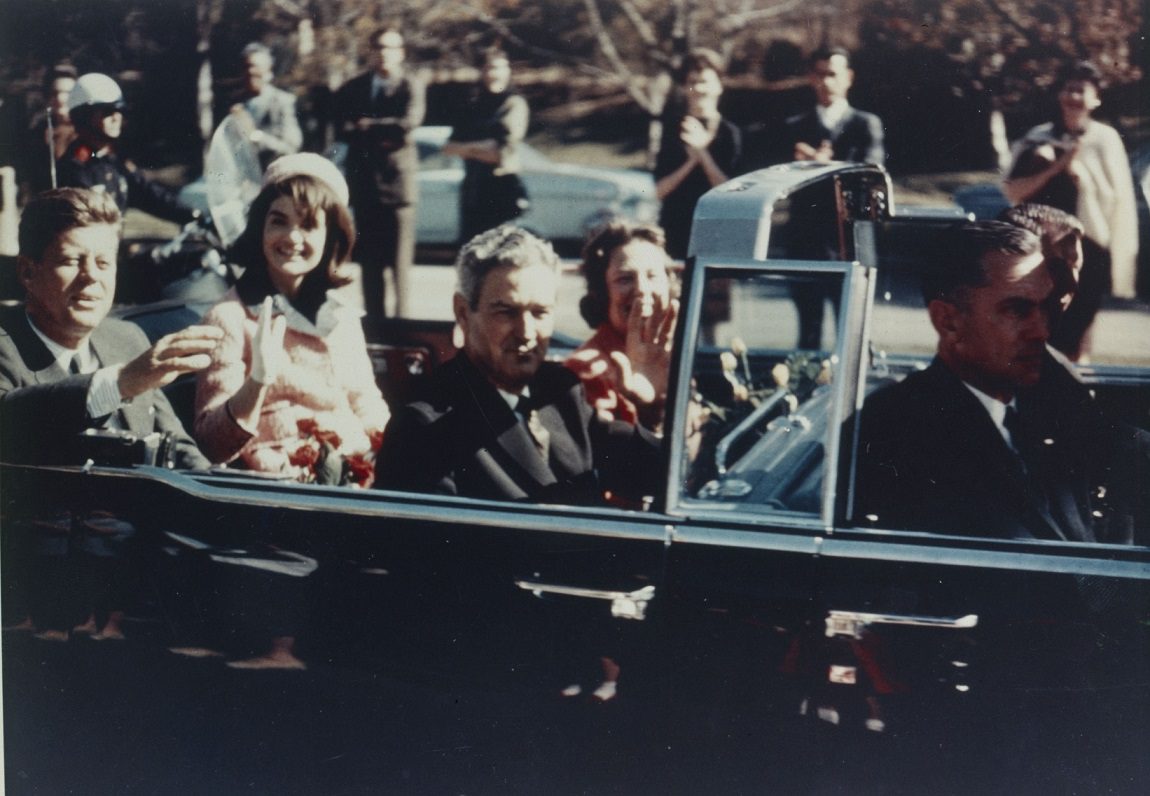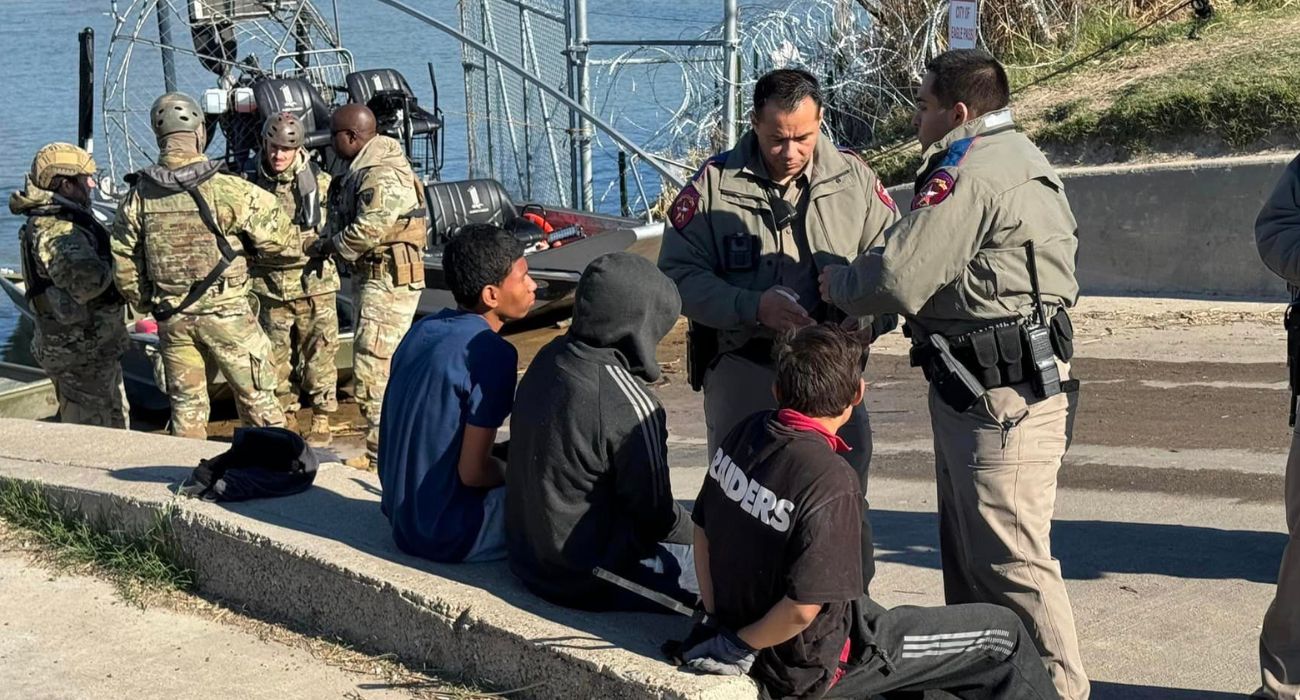On Wednesday, December 15, The National Archives made nearly 1,500 documents related to the 1963 assassination of John F. Kennedy public, NPR reported.
The documents released under the John F. Kennedy Records Collection Act enacted by Congress in 1992 after Oliver Stone’s JFK sparked new interest in the killing of Kennedy.
In October, President Biden issued a statement where he set a December 15 deadline for these documents to be released. The announcement comes after the entire collection was initially supposed to be declassified in 2017, but then-President Trump held off due to “national security, law enforcement, and foreign affairs concerns.”
The disclosure of secret cables, internal memos, and other documents is included in the release.
The Guardian says the 1,500-page release discloses secret cables, internal memos, and other documents. There is no indication that the records contain revelations that could reshape the public’s understanding of that day’s events.
The CIA cables and memos from the documents include information about Lee Harvey Oswald and his visits to the Soviet and Cuban embassies in Mexico City that were previously disclosed but not fully explained. In the days after the assassination, the documents also discuss the potential of Cuban involvement in the killing.
According to another CIA cable, Oswald phoned the Soviet embassy in Mexico City to ask for a visa to visit the Soviet Union. He then requested a visa from a Cuban embassy that would permit him to stay there while he waited for a Soviet visa.
Another memo states, according to an intercepted phone call from Mexico City, that Oswald communicated with a KGB officer while at the Soviet embassy.
According to the cable, after Kennedy was assassinated, Mexican authorities arrested a Mexican employee of the Cuban embassy with whom Oswald communicated. She said Oswald had “professed to be a communist and an admirer of Castro.”
The recently opened documents also include multiple FBI reports on their efforts to investigate prominent mafia figures like Sam Giancana and Santo Trafficante Jr., The Guardian reported.
Besides the investigation into the assassination, the documents include details on methods, equipment, and personnel used to surveil the Cuban and Soviet embassies in Mexico City. In total, the archives say 250,000 records have been made available, which is about 90% of its collection, tells NPR.






